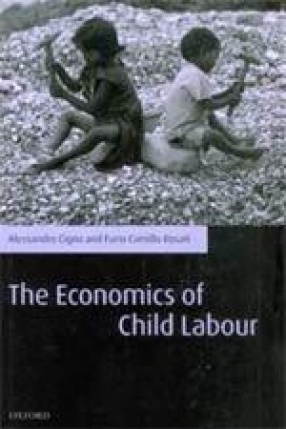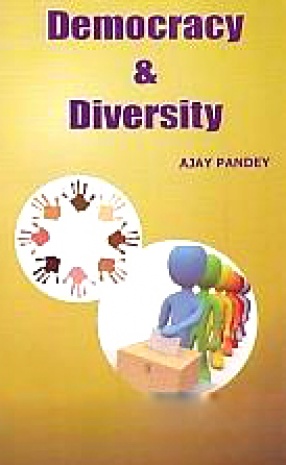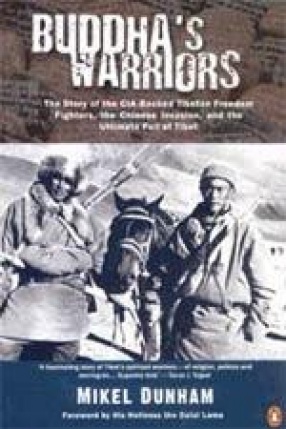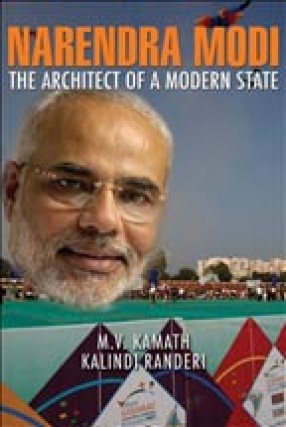Children throughout the world are engaged in great number of activities classifiable as work. This ranges from relatively harmless, even laudable, activities like helping parents in their domestic chores, to morally and physically dangerous ones like soldiering and prostitution. If we leave out the former, we are left like soldiering and prostitution. If we leave out the former, we are left with what are generally called ‘economic’ activities. Only a small minority, less than 4 percent of all working children, are estimated to be engaged in morally or physically damaging activities. The absolute number of children estimated to be engaged in the later is, however, a stunning 8.4 million. Should we only be concerned about the worst forms of child labnour? Most forms of child labour, other than the worst ones, have valuable learning by doing elements. Furthermore, child labour produces current income. If the family is credit rationed, child labour relaxes the liquidity constraint and increases current consumption. There is thus a trade-of between present and future consumption. To the extent that current consumption has a positive effect on future health, this trade-off may be lower than one might think. In certain circumstances, if may be lower than one might think. In certain circumstances, it may even be negative. In other words, a child might be better-off working, than not working. Who is to judge? This book provides a blend of theory, empirical analysis and policy discussion. The authors develop a comprehensive theory of child labour, and related variables such as fertility, and infant mortality. The effects of trade are considered and country studies are included to illustrate and test different aspects of the theory in different geographical contexts.
Democracy and Diversity
$46.80
$52.00





There are no reviews yet.